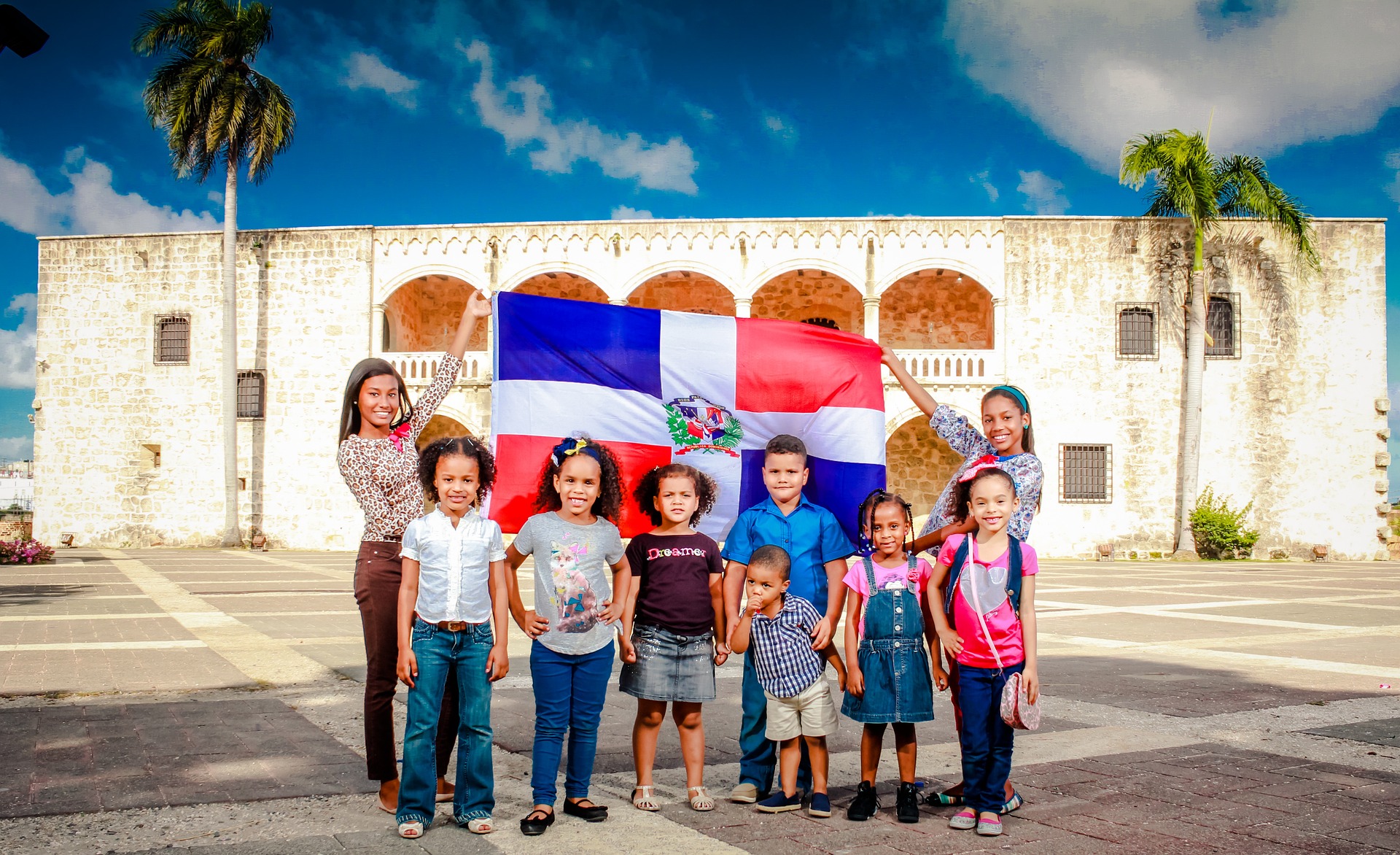Nonprofit organizations play a major role in promoting sustainable development. Above all, the diverse types of nonprofits have evolved over the years from simply engaging with traditional bodies. NGOs have become critical entities that seek to promote the nation’s progress. They also hold the government as well as private sectors accountable for their activities in the country.
This can also be said of nonprofits in the Dominican Republic. The various NGOs are known to leverage collaboration to carry out major projects that impact the nation.
In this article, we will provide a brief overview of the types of nonprofits in the Dominican Republic and their activities.

- The Dominican Republic has over 7797 registered nonprofit organizations
- About 4000 of these entities are active in the country
- 55% of nonprofit donations are obtained from international funders.
What are the types of nonprofits in the Dominican Republic?
The operations and activities of NGOs in the Dominican Republic can be classified into three categories. They include;
1. Non-Governmental Organizations: these types of nonprofits are established entities that function independently from government bodies. NGOs nonetheless can sometimes obtain funding from the government.
These nonprofit entities are known to address cases of social and political interest in society. Critical issues such as child trafficking, famine or natural disasters are often handled by NGOs. Likewise, their large organizations enable them to mobilize resources and partner with similar establishments to easily drive change and achieve their goals.
2. Nonprofit Organizations (NPOs): the primary objective of these entities is to support a particular cause or aid a community. NPOs may carry out their activities on a small or broad scale. This could be within a constituency or nationwide.
All profits from an NPO are not distributed to owners or shareholders. Rather, profits are ploughed back into the business to sustain the organization, pay staff and address the institution’s goals. Examples of NPOs include trade unions and charitable organizations.
3. Foundations: these types of nonprofits are also known as associations in the Dominican Republic. Foundations are legal entities with a particular goal and objective that seeks to address issues in society. Although they are not-for-profit entities, foundations are not hindered from carrying out profitable activities. Also, foundations seek to promote the purpose and objectives of their organization and not their members.
How many nonprofits are in the Dominican Republic?
Global Giving Atlas records over 7,797 nonprofit organizations in the Dominican Republic. About 4000 of these entities are active in the country. The various types of nonprofits in the Dominican Republic comprise service-oriented groups, domestic startups, informal neighbourhood groups, and international organizations.
Generally, international NGOs are the largest source of philanthropic contributions in the country. Over 55% of nonprofit donations are obtained from international funders. Civil society groups also largely contribute to social welfare in the Dominican Republic although quite a few of them are not registered.
However, the sector continues to suffer a lack of transparency and accountability in public budgeting. This makes it difficult to review gross domestic expenditure in crucial areas. Such areas include assigned amounts to voluntary organizations, and research and development expenditures, among others.
Conclusion
The political environment of a country largely determines the operations of the various types of nonprofits. In the case of the Dominican Republic, the nation’s democracy is yet to fully embrace press freedom and freedom of assembly. Hence, the country continues to suffer issues of press autonomy. Also, cases of harassment and violence against reporters continue to persist.
Although the Dominican Republic has created suitable legislation for NGOs, nonprofits are yet to enjoy the needed freedom to effectively carry out their responsibilities. These issues must be addressed for the sector to obtain stable growth.
If you enjoyed reading this article, share your comment, suggestions, and questions with us at the bottom of the post. We would love to hear from you.


